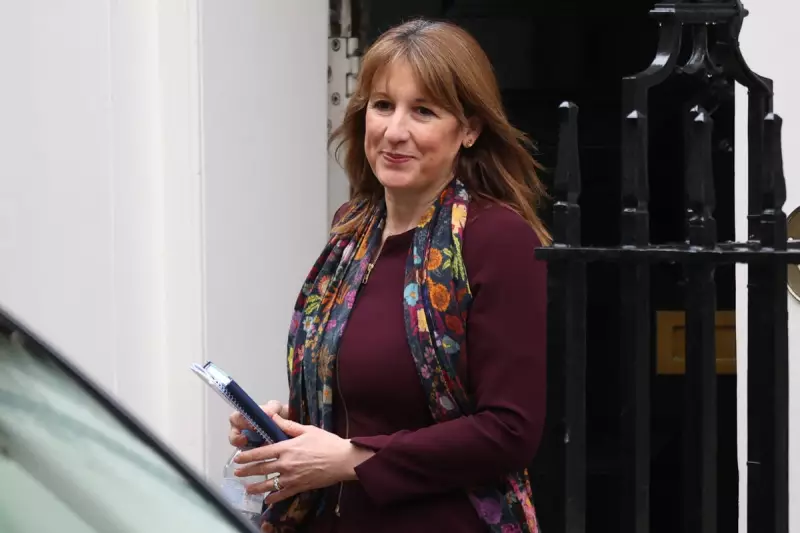
Prime Minister Sir Keir Starmer has sparked concerns over a potential stealth tax increase after refusing to rule out extending the freeze on income tax thresholds during Wednesday's Prime Minister's Questions.
The political showdown saw opposition leader Kemi Badenoch repeatedly question Sir Keir on whether the government would maintain the current frozen tax bands, a measure that could effectively increase taxes for millions without changing official rates.
The Budget Dilemma
This controversy emerges just days before Chancellor Rachel Reeves prepares to deliver her crucial Budget on November 26. While expectations suggest she will avoid directly breaching Labour's manifesto promises by increasing income tax rates, the possibility of extending threshold freezes remains firmly on the table.
The current tax-free personal allowance has been frozen at £12,570 since 2021 under the previous Conservative government, with this arrangement scheduled to continue until 2028. All income tax bands remain similarly frozen, creating what economists term 'fiscal drag'.
How Fiscal Drag Creates Stealth Taxes
Fiscal drag occurs when tax thresholds remain static while wages increase with inflation. This phenomenon gradually pulls more earners into higher tax brackets, effectively increasing their tax burden without any official rate changes.
According to the respected Institute for Fiscal Studies, these freezes will reduce household incomes by an average of £1,250 by 2025/26. Analysts note this measure will actually take more money from workers' pockets than recent national insurance cuts have returned.
The current tax bands mean that:
- 20% tax is paid on earnings between £12,571 and £50,270
- 40% higher rate tax applies to earnings between £50,271 and £125,140
- 45% additional rate tax hits all earnings above £125,140
The Financial Stakes of Extension
If Labour chooses to extend the freeze for just two additional years, it could raise £7.5 billion for the Treasury. This would translate to basic-rate taxpayers paying approximately £140 more each year from April 2028.
Interestingly, the million-plus highest earners with incomes above £125,140 – who already pay the top rate of income tax – would remain unaffected by these threshold changes, highlighting how the measure disproportionately affects middle and lower-middle income workers.
The political tightrope walk demonstrates the challenging balancing act facing the new government as it attempts to address public finance gaps while honouring election promises.






